Regular check-ups for consistently good oral and overall health
Even when our smiles are white and bright and are causing no discomfort, we are all constantly fighting a battle against plaque.
By attending regular check-ups every six months we can help you protect your teeth and in turn they can last a lifetime.

Plaque is the hidden enemy
By attending regular check-ups at Castlebawn Dental Practice we can help spot any plaque build-up (particularly in hard to reach areas such as your back molars) before it can cause any damage. Should your dentist find any small cavities early on they can stop, and in some cases reverse, the decay and help prevent further damage such as gum disease and/or tooth loss.
Protect against cancer and other health issues
Our dentists not only check for plaque and gum disease but they are also trained to spot the early signs of oral cancer.
During your check-up we will also check your lymph nodes, jaws and neck for any signs of swelling, deformities, or lumps.
As we all know, early detection is key and when oral cancer and other diseases are caught in their early stages treatment is usually easier and much more successful.
Fight back against gum disease
Gum disease is tricky and sneaky and in many cases there are no symptoms in its early stages, which means you could have it and not even know it.
Routine check-ups allow your dentist to spot receding gums, deeper than usual gum pockets and unusual swelling. If your dentist notices something peculiar they can help put a stop to early gum disease with a personalised oral health routine.
Most people think gum disease is simply a matter of bleeding gums that will eventually ‘heal themselves’. However, if gum disease goes untreated it can cause any number of problems including:
Gum shrinkage
Tooth loss
Foul tastes and bad breath
Abscesses
Loss of bone supporting the teeth
Loose and/or ‘gappy’ splayed front teeth
Bleeding, swollen, spongy and painful gums

Contrary to what you might believe, gum disease is NOT always caused by irregular or ineffective brushing. There are a number of other root causes that can increase your chances of developing problems including:
Smokers have increased levels of tartar in the mouth and experience more tissue irritation, which makes their gums more susceptible to disease. Smokers also have more bone loss and heal less quickly than non-smokers.
When our immune system is overworked it is difficult to fight off the bacteria that cause gum infections.
New studies show that 70% of the fatty deposits of stroke sufferers contain bacteria. 40% of that bacteria comes from the mouth.
Gum inflammation and the bacteria that causes gum disease can also cause heart disease and, in some cases, double the risk of a fatal heart attack. In addition, bacteria from your mouth may combine with blood-clotting cells called platelets, forming heart-stopping blood clots.
Avoiding the dentist puts you at risk of contracting diseases of the mouth, teeth and gums.
Diabetics are more likely to have gum disease, which makes it more difficult for diabetics to control their blood sugar.
Fill in your details below and one of our team will be in touch with you shortly. We look forward to seeing you soon.